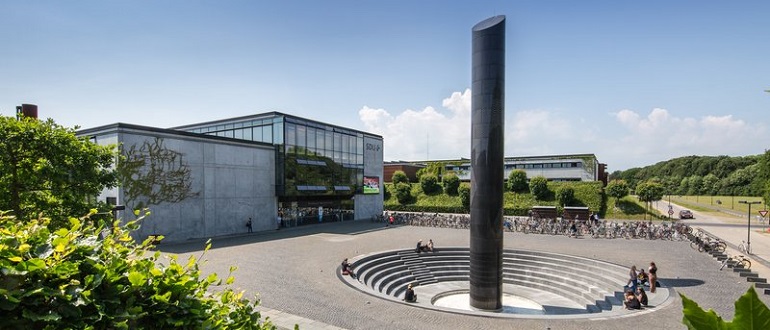Speculation about the future consequences of climate change is increasingly the subject of science fiction, but the emotional impact of these potential futures affects countless people today. Young people in particular face an inordinate amount of stress about the personal consequences of the environmental crisis. High school students and their generational peers are in many respects uniquely aware of climate change’s impact on their personal lives (and futures) when compared to previous generations of students. As a result, this generation may feel especially marginalized by institutions that are supposed to represent their interests. The negative consequences of this pressure on young people's mental health have been widely observed (albeit only recently) and go by names such as climate anxiety, ecoanxiety, solastalgia, and climate depression.
While the definitions vary, what unites these reports is the assertion that young people are highly informed about climate change and yet suffer from a general inability to imagine solutions or viable plans for coping with the expected effects of climate change.
Considering this problem, the project asks: What narratives do young people use to imagine the future impacts of climate change? How might these narratives provide insight into collective responses to the social changes, policies, and consequences of these imagined futures? Can these narratives empower young people rather than express concern, fear, or anxiety?
To answer these questions, this project pioneers a ground-breaking method for exploring how narratives inform scenario planning/world building for young people: flash fiction.
Flash fiction involves writing short stories under strict time constraints. Studies have shown that flash fiction exercises are useful for helping non-experts express visionary knowledge that might otherwise remain implicit in their daily lives. Drawing on this research, we argue that flash fiction writing can be applied to climate change as a way to help young people articulate, reflect on, and question the narratives they otherwise internalize about their imagined futures.
In short, this project aims to mobilize young people to gain access to their imagined futures and to apply them in a meaningful way to navigate the anticipated consequences of climate change.

